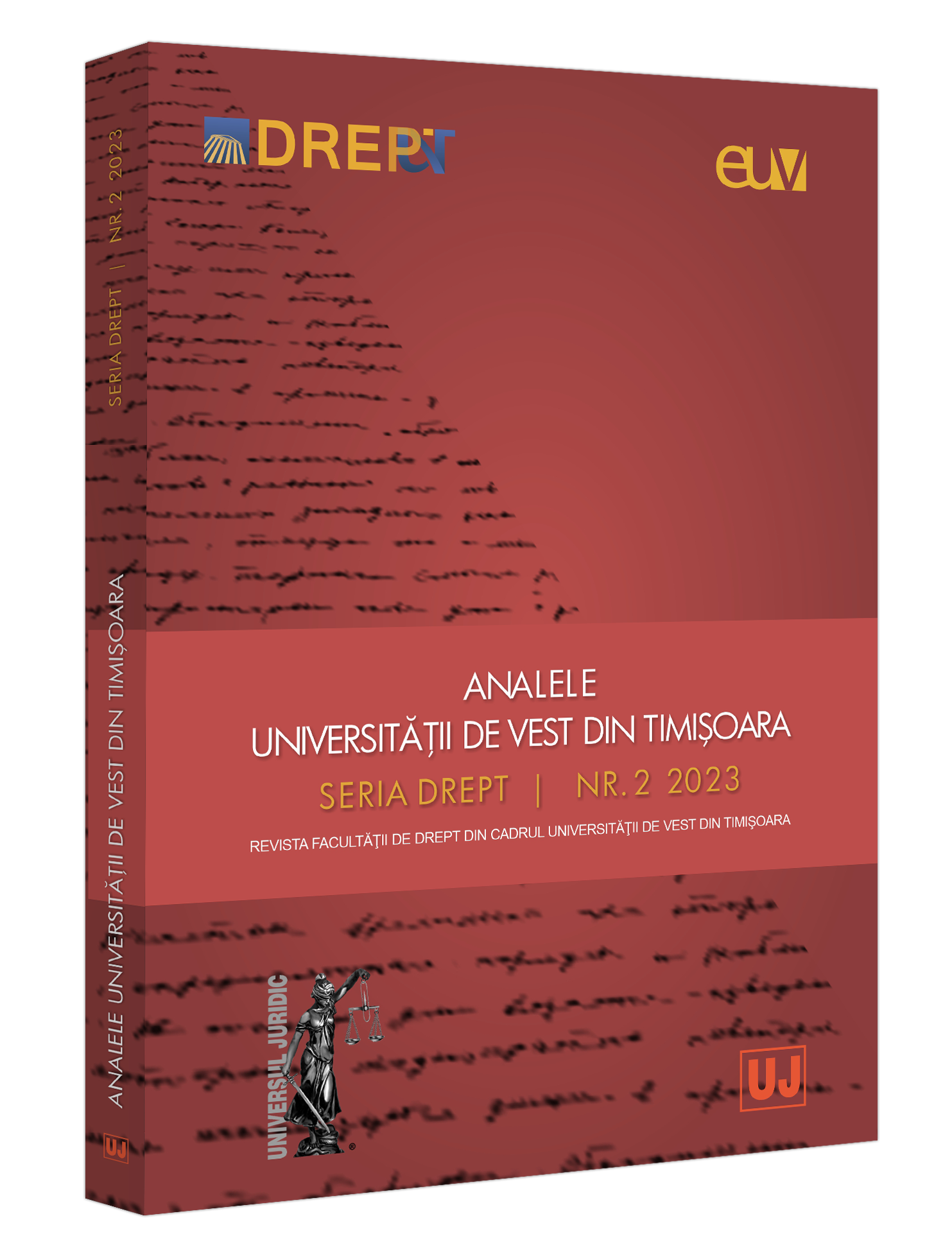Rolul judecătorului în aplicarea funcţiilor bunei credinţe
în raportul contractual
The role of the judge in applying the functions of good faith in the contractual relationship
Author(s): Cosmin ȘovarSubject(s): Civil Law
Published by: Universul Juridic
Keywords: good faith; creative power; judge; implied terms; contract;
Summary/Abstract: An analysis of the different legal systems reveals the fact that the conversion of the concept of good faith from a moral precept into a legal concept and, implicitly, its overstepping from the abstract into the concrete, are determined by the judge’s prerogative to create particular rules, which allow him/her to make determinations on concrete cases.Although sanctioned by the Former Civil Code and reformed by the New Civil Code, from the case law perspective the theory of good faith is just a matter of form, and is discussed only in the event that the legal rule on which the plaintiff’s claims are based expressly refers to it or in the event it is superfluously invoked, as a general principle, more as a means to create the appearance of a sound and legal, logical reasoning than to be used as a legal instrument intended to solve the issue of law.In addition to the constant concerns of the legal doctrine, the explanation and the construct of a mechanism for the concept of good faith (manner of defining it, legal nature, identification of the criterio and functions etc.) depend on the judge’s creative power.Hence, is the judge bound to review whether the parties met their good faith obligation, even if he/she was not vested with a request in this respect (hence, ex officio), ori s he/she bound to start the review by applying the legal presumption of good faith?
Journal: Analele Universității de Vest din Timișoara - Seria Drept
- Issue Year: 2023
- Issue No: 2
- Page Range: 108-131
- Page Count: 23
- Language: Romanian

